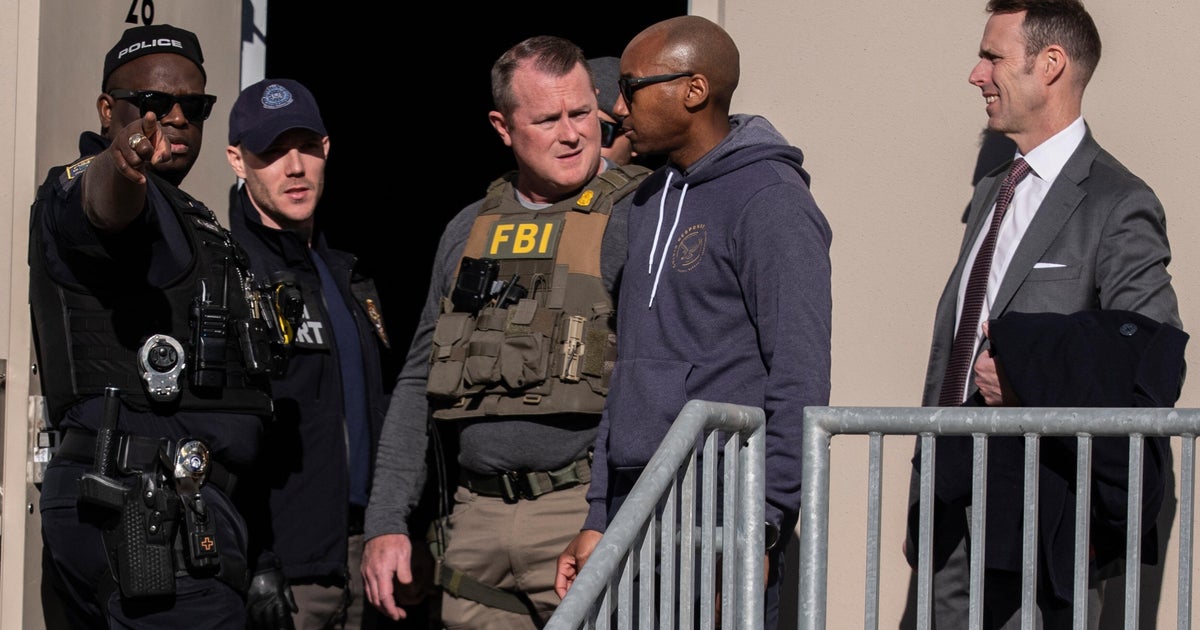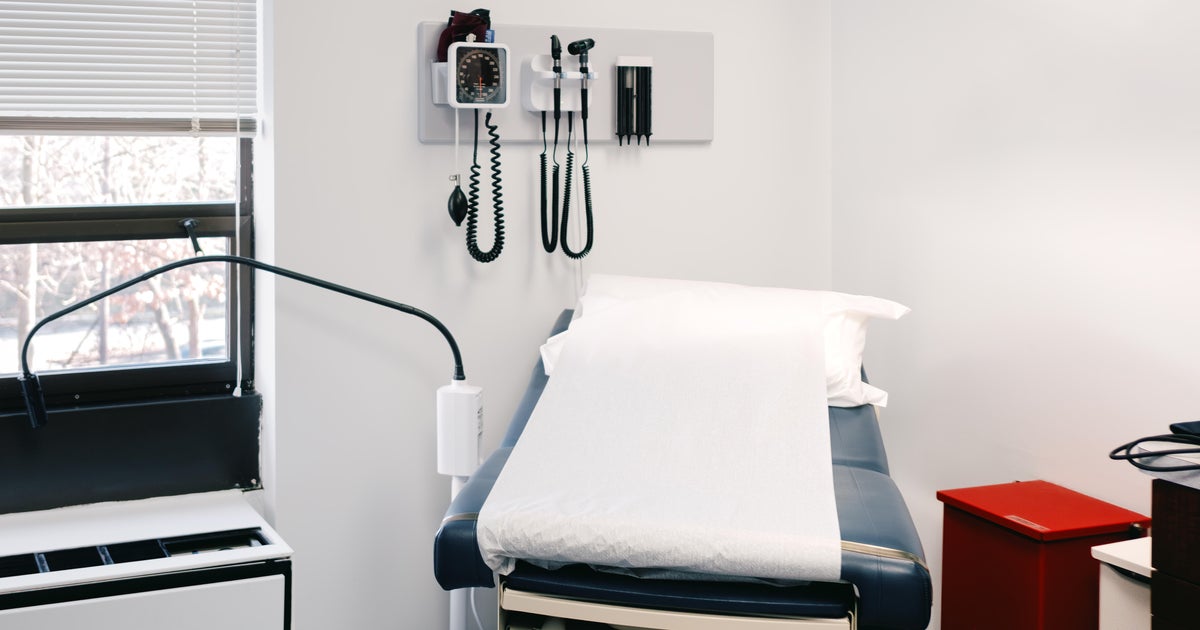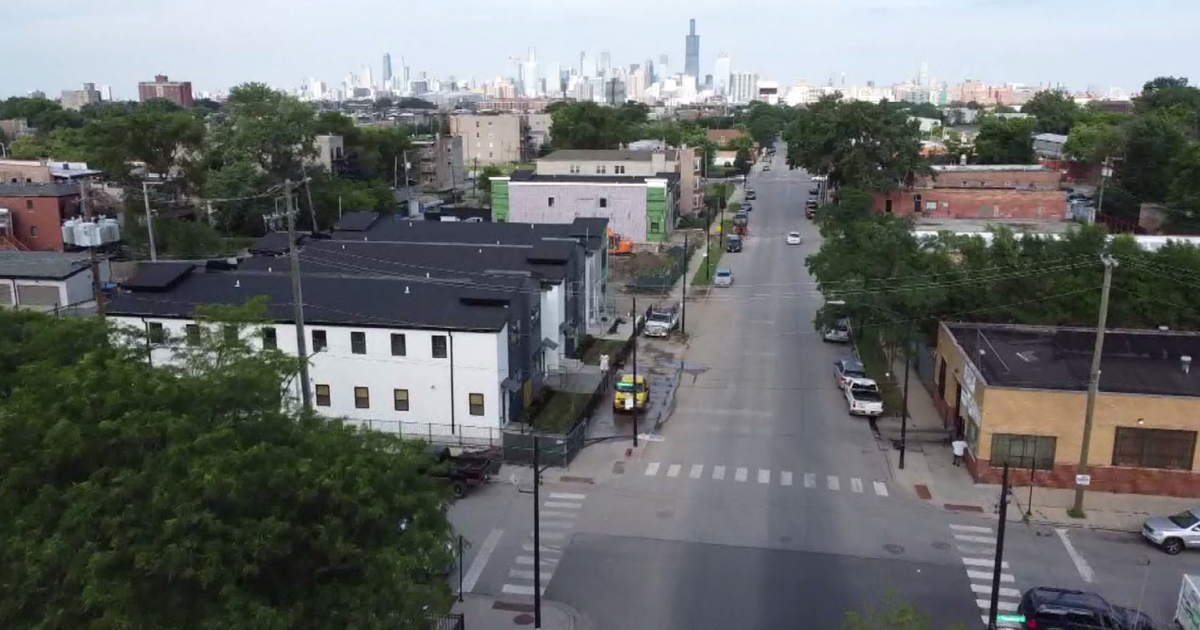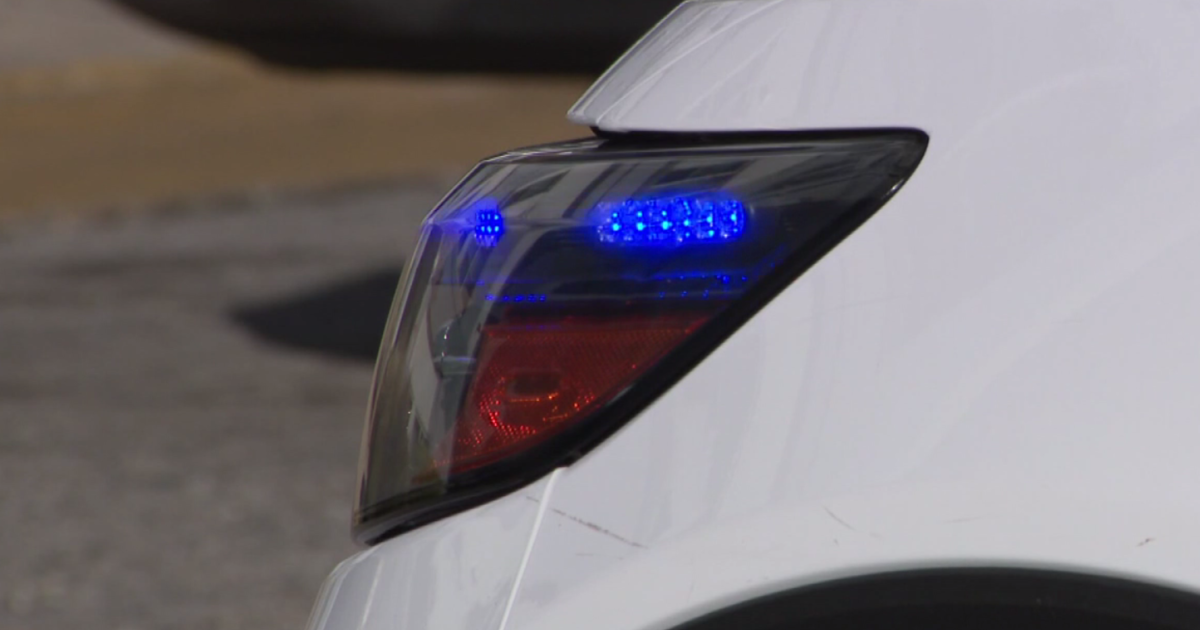Tiny HD Cameras Have Revolutionized Knee Surgery, Doctors Claim
NEW YORK (CBSNewYork) -- Tiny hi-def cameras have been changing everything from home videos to selfies, but new technology has legitimately revolutionized medical procedures.
As CBS2's Dr. Max Gomez explained, a new camera may actually replace MRIs and even some surgeries, especially in the knees.
If you've ever injured your knee it can be hard to tell exactly what's causing the pain, so the doctor usually send you for an expensive MRI and maybe an arthroscopy in the O.R. to take a look inside. But what if you could do a scope in the doctor's office cheaper and safer.
Lemouchi Soufinae injured his knee in a car accident two years ago. Since then he hasn't been able to play his beloved soccer, because of the pain in his knee.
"Can't walk more than three blocks, have to lay down, have trouble sleeping at night, lot of strong pain," he said.
Two MRIs later, it still wasn't completely clear what was causing his knee pain.
Like Lemouchi, Liz Meris has been having severe knee pain.
"Couldn't kneel or straighten without pain, can't get out of car, swelling in back of knee, hurts to walk, feels unstable," she said.
Worse yet, Liz is claustrophobic in an MRI
"Hate em, I'm claustrophobic. I'm out, I'm in, I'm out again," she said.
The next is usually a trip into the operation room to look around by sticking a scope in the knee. It's expensive and requires anesthesia.
Why not do that in the office, under a local anesthesia?
Thanks to a tiny scope with a hi-def camera on the tip, doctors can do in the office what once took a trip to the O.R.
"It's a huge game changer, been trying to do for 10 to 15 years, clarity and resolution are now tremendous," Dr. James Gladstone, Mt. Sinai Health System said.
Using only a local anesthesia, Dr. Gladstone inserts the MI-Eye-2 into Liz's knee. She was actually watching the same thing Dr. Gladstone was seeing.
It allows him to check and see what and where there's damage inside the knee.
"Almost as good as O.R. scope, and in many ways better than MRI because it can give you direct visualization," Dr. Gladstone said.
Better yet, if the damage is minimal it saves the patient a trip to the O.R. for a conventional scope, and here's the best part; it costs under $500 to do this in the doctor's office as opposed to the $1,500 or $2,000 for an MRI and thousands more for an O.R. scope.
Almost any joint that you can scope can be done with the MI-Eye: shoulder, wrist, ankle, elbow.







